 |
| June 08, 2020 |
Dear Reader,
The declarations, the truths, the realities of Black people in America are too often disregarded. Across the nation, Black people are suffocating under the weight of anti-Black hatred. They cannot breathe. And even as they gasp for air, structural gaslighting operates to deny the truths of the causes of their suffocation. This statement comes from our lead story, which was authored by 12 physicians who condemn the misreporting about George Floyd's initial autopsy report. The doctors argue that in America, widespread anti-Black violence is often paired with structural gaslighting. Their op-ed explains how the legal system and media emboldened white supremacy, all under the cloak of authoritative scientific rhetoric. In a separate article, the group 500 Women Scientists explains why researchers, academic institutions, and scientific organizations must denounce racial injustice and violence. Also featured in today's roundup: Without providing evidence, scientists claim that "genetic reasons," among other factors, put African-Americans at higher risk of COVID-19 mortality. This racialized view of biology is not only wrong but harmful. |
| | Sunya Bhutta, Senior Editor, Audience Engagement
@sunyaaa | |
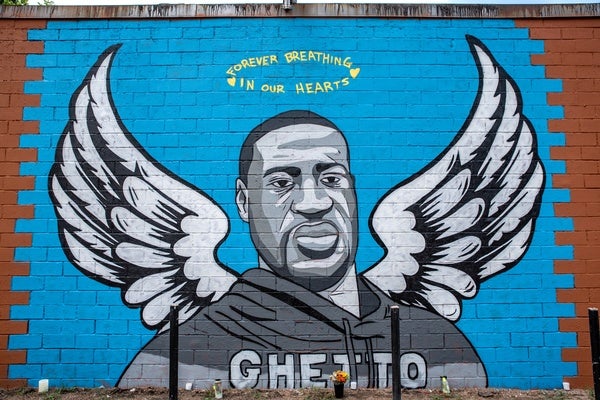 |
| Policy & Ethics George Floyd's Autopsy and the Structural Gaslighting of America The weaponization of medical language emboldened white supremacy with the authority of the white coat. How will we stop it from happening again? By Ann Crawford-Roberts,Sonya Shadravan,Jennifer Tsai,Nicolás E. Barceló,Allie Gips,Michael Mensah,Nichole Roxas,Alina Kung,Anna Darby,Naya Misa,Isabella Morton,Alice Shen | |
| |
| |
| |
| |
| |
| Behavior & Society Why Would Anyone Distrust Anthony Fauci? It's because Americans tend to believe in science, but they don't always think scientists share their values | | By John H. Evans,Eszter Hargittai | | | |
| |
| |
| |
| |
| |
FROM THE STORE
 | | | |
| |
LATEST ISSUES
 |
| |
| Questions? Comments?  | |
| Download the Scientific American App |
| |
| |



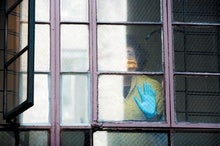

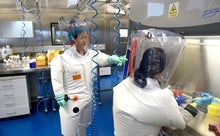
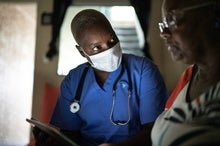

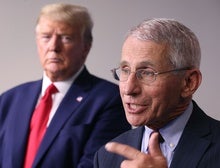
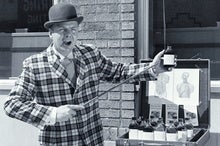
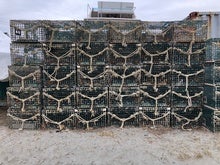
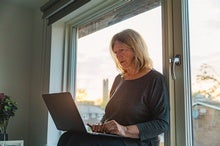
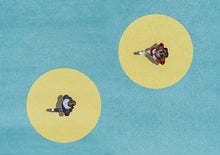
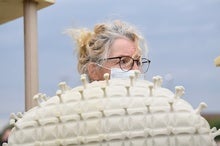
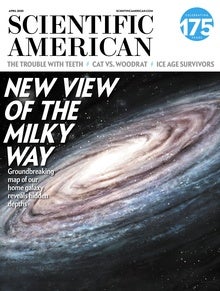

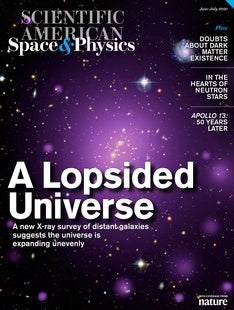

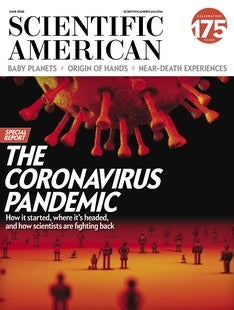
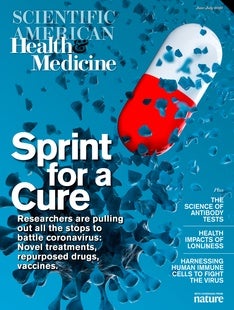
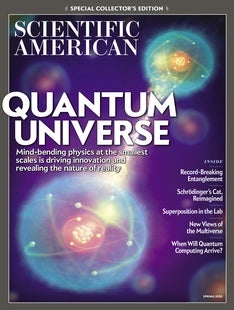



Comments
Post a Comment